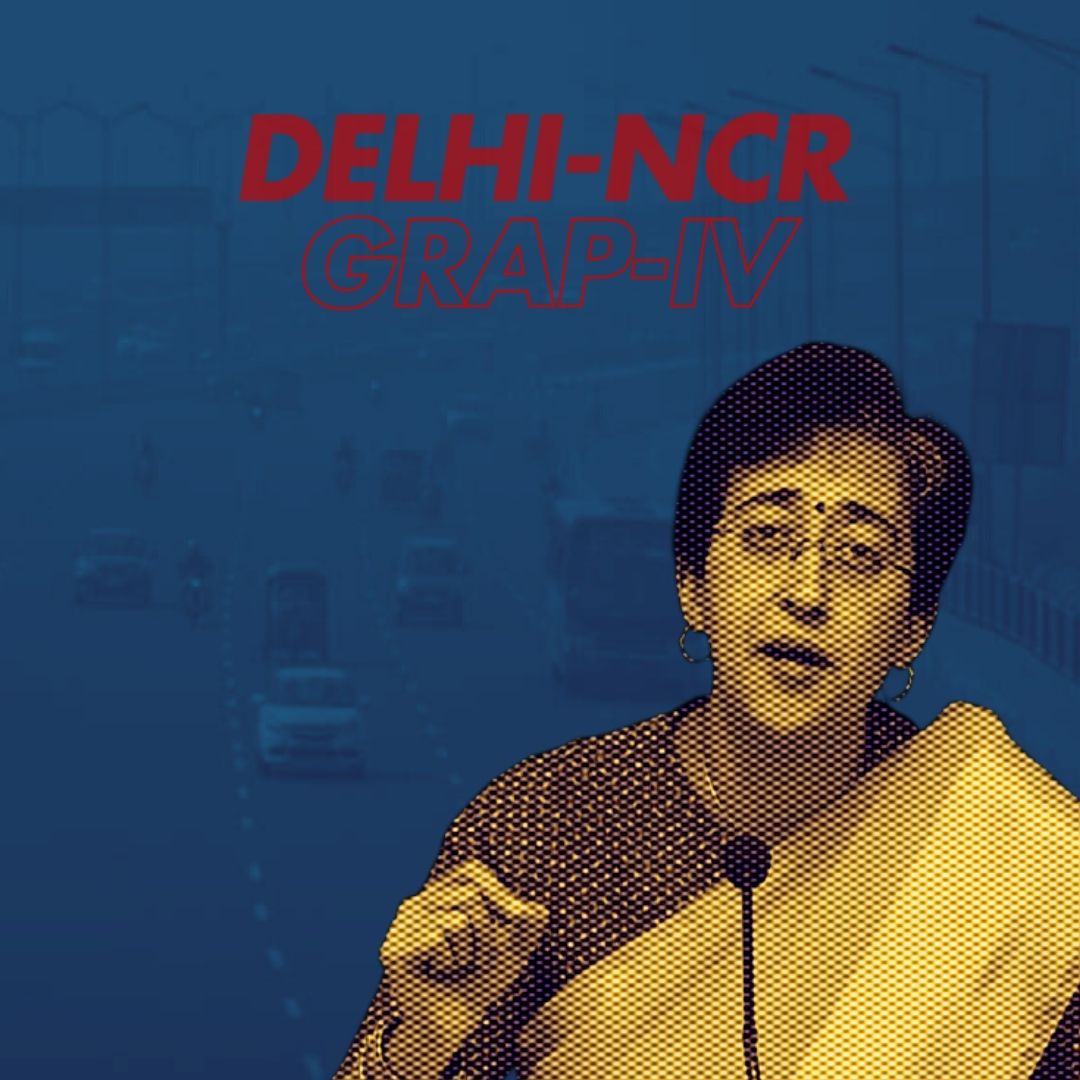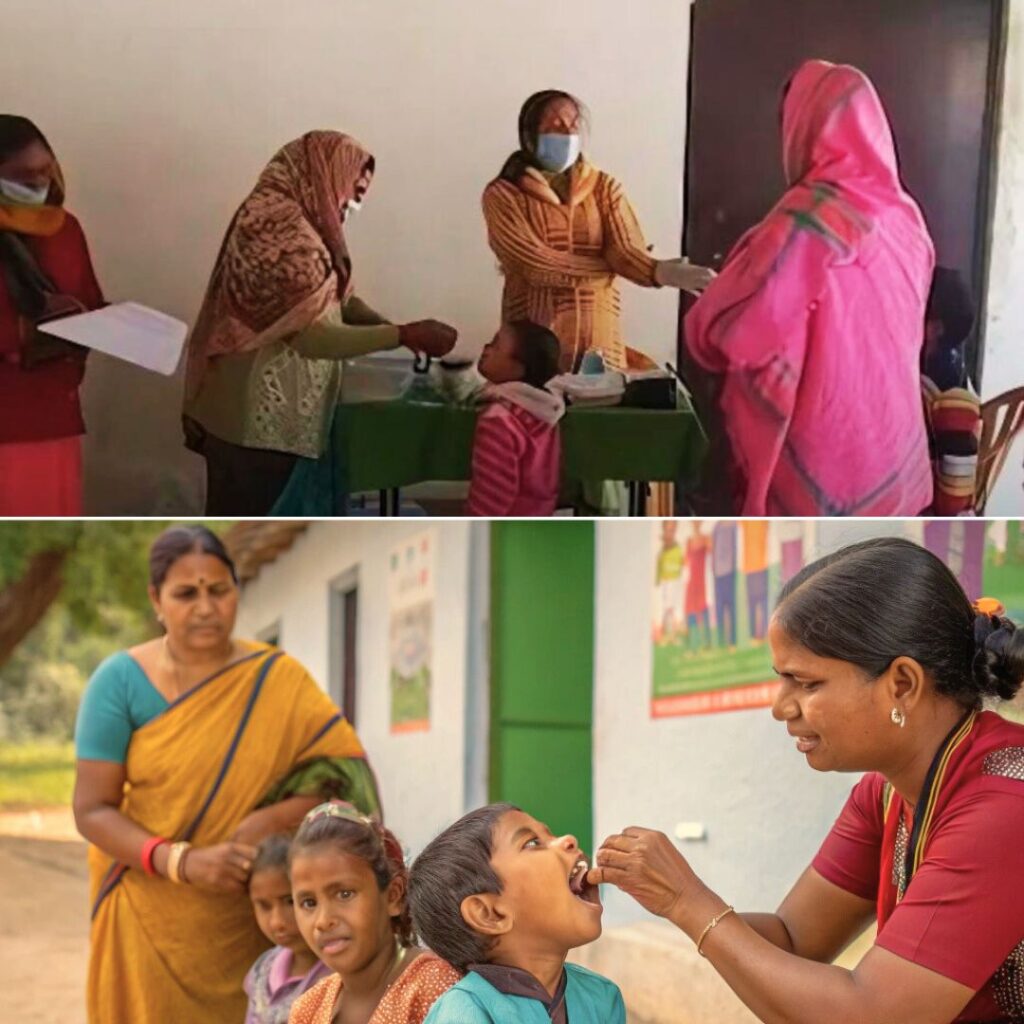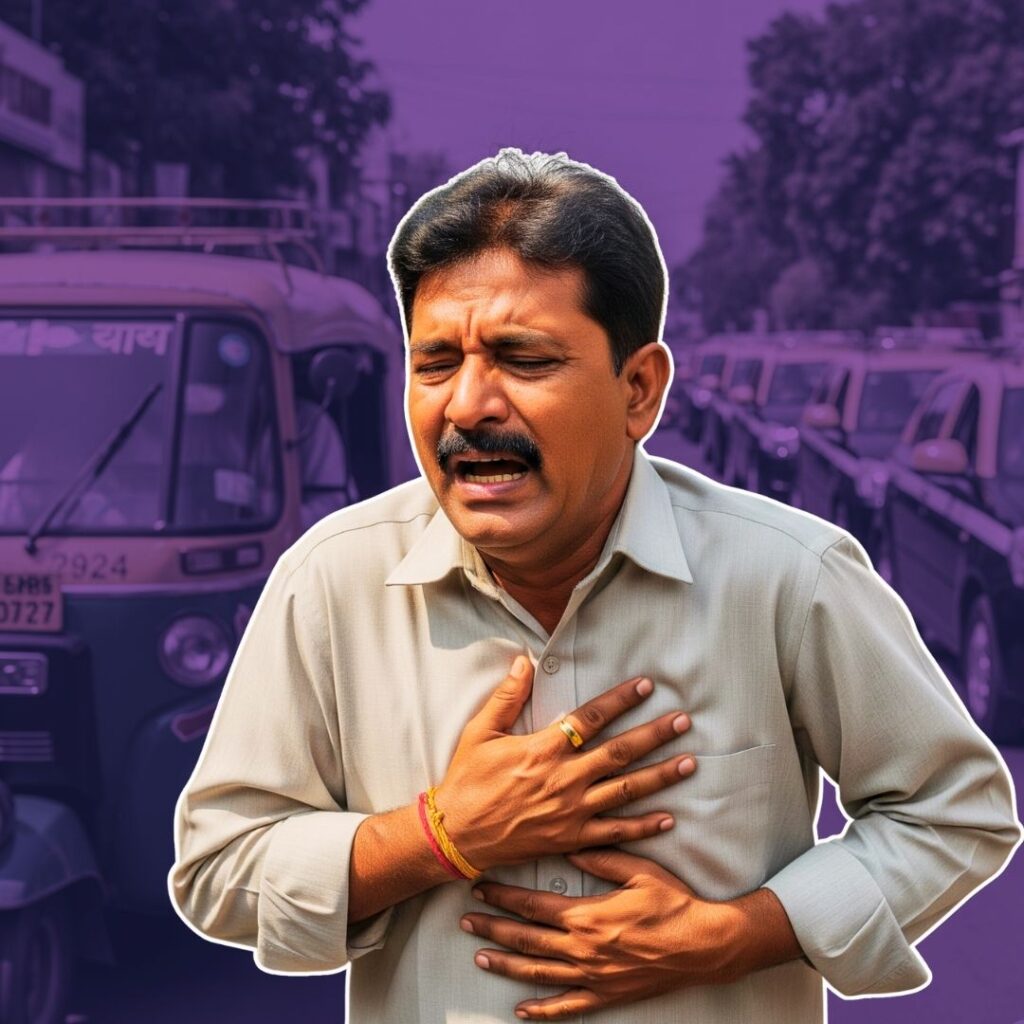Delhi-NCR is facing a severe air pollution crisis, with the Air Quality Index (AQI) soaring to alarming levels. In response, the Commission for Air Quality Management (CAQM) has activated Stage IV of the Graded Response Action Plan (GRAP), effective from November 18, 2024. This decision comes after the AQI reached a staggering 481, marking it as “severe plus.” The implementation of GRAP-IV aims to mitigate the health risks associated with such poor air quality and to curb emissions significantly.
Emergency Measures Announced
Delhi’s Chief Minister Atishi announced that physical classes would be suspended for students in grades 6-9 and 11, shifting to online education to protect children from exposure to hazardous air conditions. Environment Minister Gopal Rai emphasized the urgency of these measures, stating, “We must act decisively; these actions are essential for public health during this crisis.” The government is urging citizens to cooperate with these restrictions to improve air quality.
Background and Contributing Factors
The current situation follows earlier GRAP stages activated in October and November due to consistently rising pollution levels. Factors such as stubble burning in neighbouring states and unfavourable weather conditions have exacerbated the crisis. The CAQM’s proactive approach reflects a commitment to addressing this public health emergency through immediate and stringent measures.
Key Bans Under GRAP-IV in Delhi-NCR
1. Ban on Non-Essential Truck Entry
All non-essential trucks are prohibited from entering the city to reduce vehicular emissions, which significantly contribute to air pollution.
2. Suspension of Construction Activities
All construction and demolition activities are halted, as these processes generate substantial dust and particulate matter, worsening air quality.
3. Shift to Online Classes for Certain Grades
Schools will conduct online classes for students in grades 6-9 and 11, aimed at protecting children from exposure to hazardous air quality levels.
4. Prohibition of Diesel Vehicles Older than BS-IV
Diesel vehicles that do not meet Bharat Stage IV emission standards are banned from operating in the city, targeting older vehicles that emit higher levels of pollutants.
5. Public Offices Operating at 50% Capacity
Government offices are advised to operate at only 50% capacity to limit the number of commuters and reduce air pollution from traffic congestion.
6. Increased Surveillance and Enforcement
Authorities will enhance monitoring and enforcement of these bans to ensure compliance and mitigate pollution effectively.
The Logical Indian’s Perspective
The implementation of these measures underscores the urgent need for collective action against air pollution in Delhi-NCR. As citizens, we must advocate for sustainable practices and support initiatives aimed at fostering a cleaner environment.
How can we collaborate as a community to combat this pressing issue and ensure a healthier future for all?











